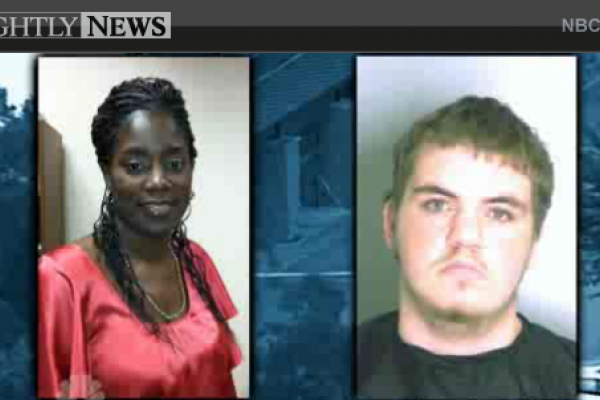As a teacher, I tend to change the channel or radio station when the news turns to issues related to schooling and education. It is difficult to listen to people discuss aspects of my daily experience as if they were a part of it. When a news story involves an act of violence in a school or a natural disaster wreaking devastation on children and school employees, I am almost less likely to listen. It is too painful to think about what that would be like for me, my colleagues, and most importantly, my students.
When major news networks began playing a recording of suburban Atlanta school employee Antoinette Tuff’s 911 call reporting a shooter in her school’s building on Tuesday, I almost turned off the TV. Then, I heard Tuff’s calm voice interacting with the shooter as though as he was any distraught child in the office needing extra attention. I started to listen.
Read the Full Article

